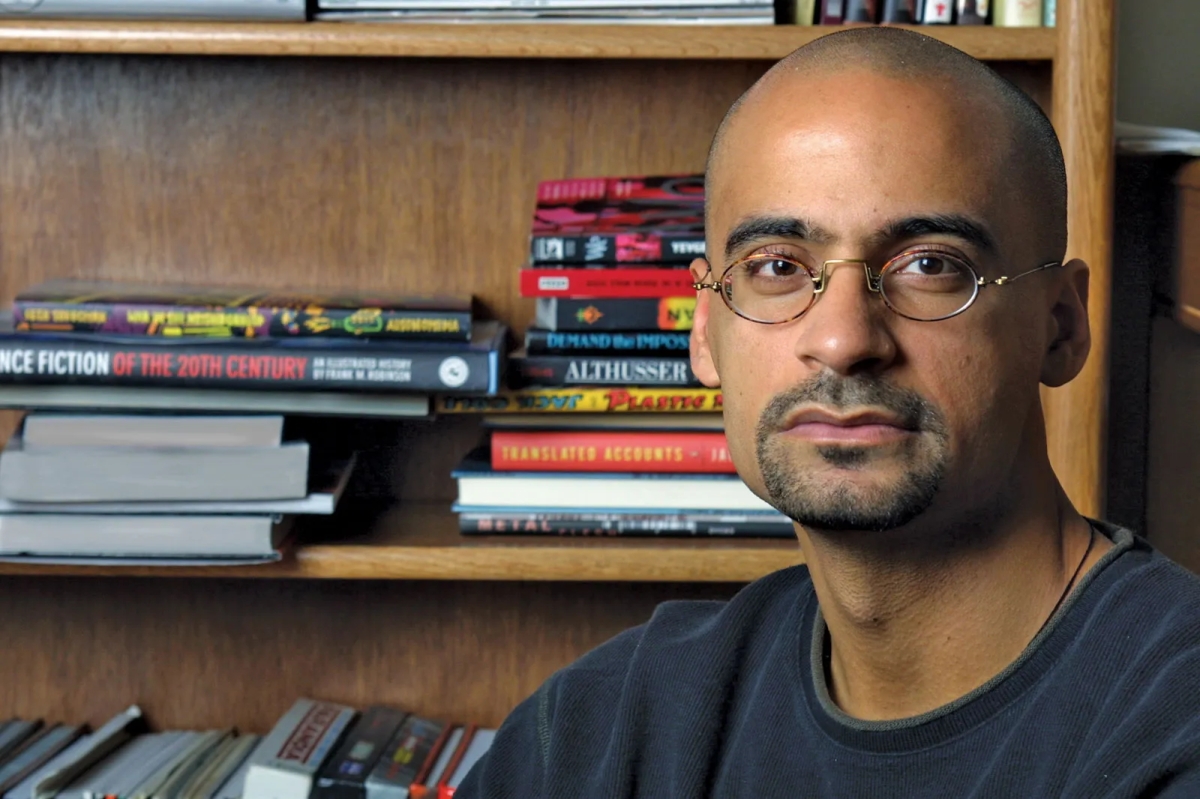One of the author websites I read regularly is Junot Díaz’s StoryWorlds. Diaz is the author of the Pulitzer Prize-winning novel The Brief Wondrous Life of Oscar Wao, among other titles, and through his Substack writings he generously shares his ideas about the writing craft with his readers. A recent post, When the Words Become Breath, or A First Novel Written in Darkness, is one of his more personal entries, and it strikes at the heart of the question of why we write, and what we should expect from our efforts.
It’s also a hopeful story for anyone who struggles with depression, as Díaz did during his senior year of high school — “a depression of the deep dark kind.”
“On the outside,” he writes, “I appeared somewhat functional — I was still going to my job, something that never stopped no matter what (the immigrant in me the last thing to die) — but on the inside, hell reined in ways I still have trouble communicating.”
This depression was a “radiant despair that devoured all light, all joy, all possibility.” He had essentially given up. “I stopped going to school, stopped reading, stopped listening to music, stopped playing Dungeons and Dragons, stopped talking beyond the necessary. Just lay in bed in my basement and drifted in the dark sea of my dark thoughts.”
What helped pull him out of it?
You should read his post to find out. (Spoiler alert: writing plays a role.)
Photo of Junot Diaz via Britannica Kids.


Thank you for sharing this post. There is so much to glean from it. I like his observation on ordinariness: “Everything you write doesn’t have to be additive or instrumental, fuel for an eventual phoenix event. Sometimes what we write teaches us nothing or close to nothing, budges the needle of our talent not at all.”
That’s a great quote and observation. Thanks for your comment!